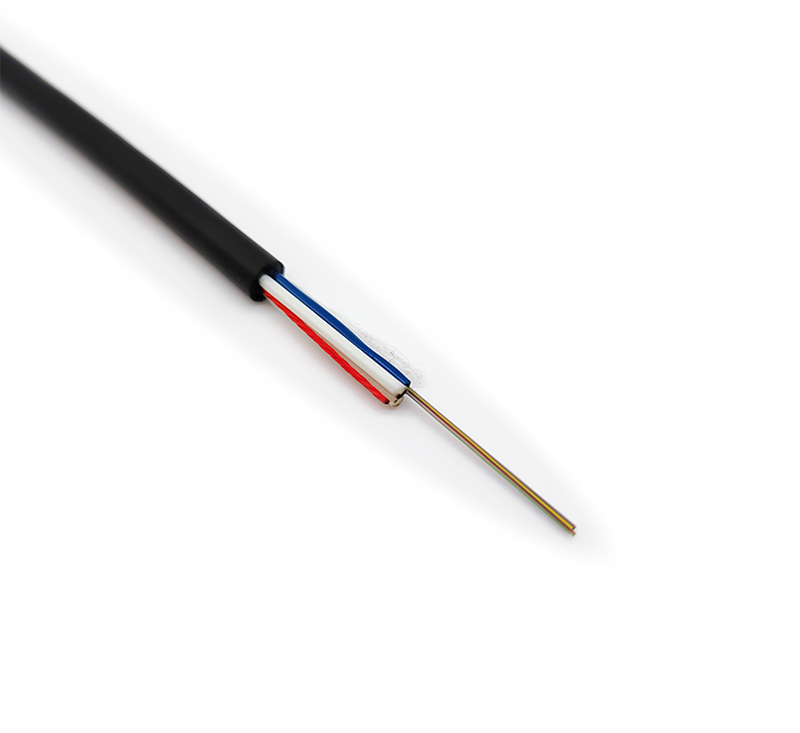Four common technical indicators of optical splitters: wavelength, insertion loss, additional loss and splitting ratio. In fact, the most important indicator of the optical splitter is the different light attenuations produced by the optical splitter under a specific splitting ratio. Under the conditions of different splitting ratios, the optical attenuation of the optical splitter will not be different. So how to calculate the optical attenuation of the beam splitter? Optical attenuation value of optical splitter = transmit optical power + additional loss + insertion loss + bare fiber loss.

1. Calculation of the splitting ratio of the beam splitter
Formula: ki=Pi/SP*100%
Among them, Pi is the driving power required by each optical link, and SP is the sum of the required driving power of each optical link carried by the laser.
Note: In actual use, the manufacturer has indicated the splitting ratio, such as 1/2 is 80%: 20% or 70%: 30%; 1/3 is 70%: 15%: 15%; 1/4 is 70%: 10 %: 10%: 10%.
2. Additional loss calculation
In the process of actual operation, the measurement of the additional loss value can be carried out, and it is only necessary to carry out the detection and recording of the value according to certain operation specifications, and to do a good job in the classification of different links.
3. Insertion loss calculation
Formula: IL=-10lg(Po/Pi)
Among them, Po is the optical power at the output end, and Pi is the optical power at the input end.
Note: Po/Pi in the formula is equivalent to the splitting ratio of the optical splitter, namely: IL=-10lg(ki). For example, there is a one-to-two beam splitter, which is a two-to-eight beam splitter, that is, the splitting ratio is 20%:80%. Its 20% optical link insertion loss theoretical value is -10lg (20%), which is approximately equal to 6.99dB.
4. Calculation of bare fiber loss
In actual operation, this value does not need to be calculated, and there is a certain reference standard. It is necessary to strictly refer to the numerical standard, and measure the loss values of different wavelengths to determine the final loss value.










